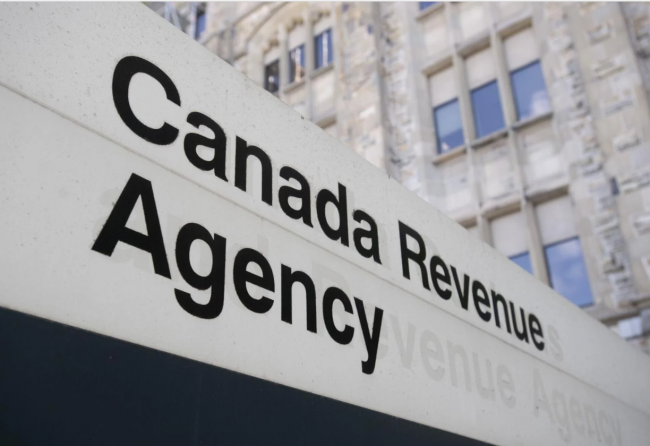Articles Menu

Nov. 30, 2023
Robin Hood never managed to make much of a dent in income inequality. But, if he’s still out there, he’s switched sides and is now unabashedly working for the Sheriff of Nottingham.
After years of the rich getting richer, they’re now getting spectacularly richer -- while most Canadians are losing ground.
This might explain the rising anger in the country. Canadians are enraged, according to the Pollara poll’s “Rage Index,” and a significant factor is their precarious personal finances.
This is commonly referred to as the “affordability crisis,” but another way to say it is that ordinary people don’t have enough money.
Understandably, people feel enraged when they can’t afford food and shelter for themselves and their children -- especially when they’re working full-time, often at several jobs. They know they’re getting the short end of the stick.
But unless they read Statistics Canada releases, they’re probably unaware just how long the other end of the stick has suddenly become.
In fact, this isn’t true. From the 1930s to the 1980s, there was a significant redistribution from the rich to the rest of society. However, since the early 1980s -- that is, for the past four decades -- the rich have managed to rewrite the laws governing the economy, making themselves ever richer.
But, even by the standard of the last four decades, the incomes of the rich have recently spiked upwards to a shocking degree.
Just-released Statistics Canada data show that, in 2021, the top 1 per cent of Canadians saw their incomes grow by fully 20 per cent. Farther up, the incomes of the top .01 per cent grew by a stunning 30 per cent -- to an average yearly income of $12.5 million. This prompted Statistics Canada, not known for rabble-rousing, to note that (in inflation-adjusted dollars) this is “much higher” than at any point in the past 40 years.
Meanwhile, that same year, the bottom half of Canadians (some 14 million working people) saw their incomes actually drop.
Politicians have responded mostly with empty claims that they care about the plight of working people. Conservative leader Pierre Poilievre is trying to ride a wave of rage over affordability all the way to become prime minister, hoping to convince working people he’s on their side by occasionally wearing work boots.
Certainly, he’s dead against raising taxes on the rich. But this (along with strengthening labour rights) is the starting point for any serious attempt to help working Canadians, because it would enable governments to strengthen and expand social benefits and supports that would make workers’ lives more affordable.
The Trudeau Liberals, unlike Poilievre’s Conservatives, always make it sound like they’re keen to tax the rich. Hence, in their budget last March, the Liberals proclaimed they were “ensuring the wealthiest Canadians pay their fair share,” as they brought in income tax changes that will raise another $525 million a year from high-income earners.
But these changes will have little impact on the wealthiest Canadians, who are largely able to avoid income taxes. To tax the truly wealthy – and only them -- a wealth tax is far more effective.
A wealth tax would apply exclusively to those with net assets of more than $10 million – just 87,000 families. Under one model, they’d pay 1 percent a year on assets above $10 million, 2% above $50 million and 3% above $100 million. Yet, the tax could raise an estimated $32 billion – about 60 times more than the Liberal income tax charges.
Despite almost no public debate about it, a wealth tax has the support of close to 90 per cent of Canadians.
Yet the wealthy have managed to keep it off the agenda. Their phalanx of lawyers, accountants and economists are quick to dismiss all attempts to raise taxes on the rich. And a wealth tax, given the way it can be so effectively targeted, is considered particularly odious.
As for the rest of us, rather than silently stewing in rage, we should be sensibly demanding a wealth tax.
[Top photo: It's time for a wealth tax on Canadians with assets of more than $10 million to deal with the growing economic inequality, writes contributor Linda McQuaig. THE CANADIAN PRESS/Adrian Wyld]